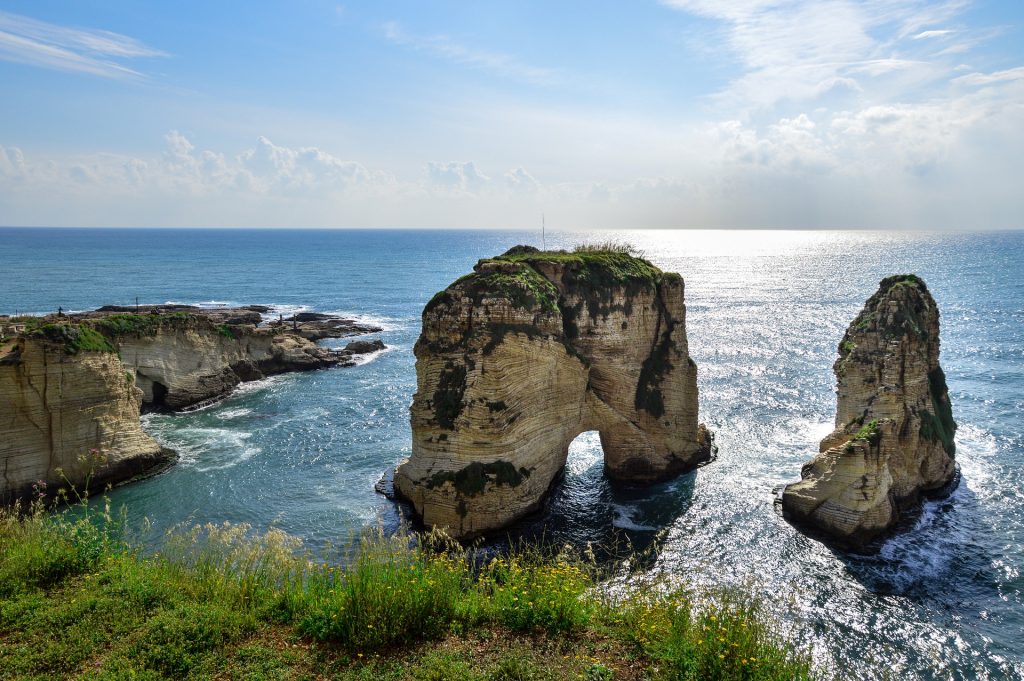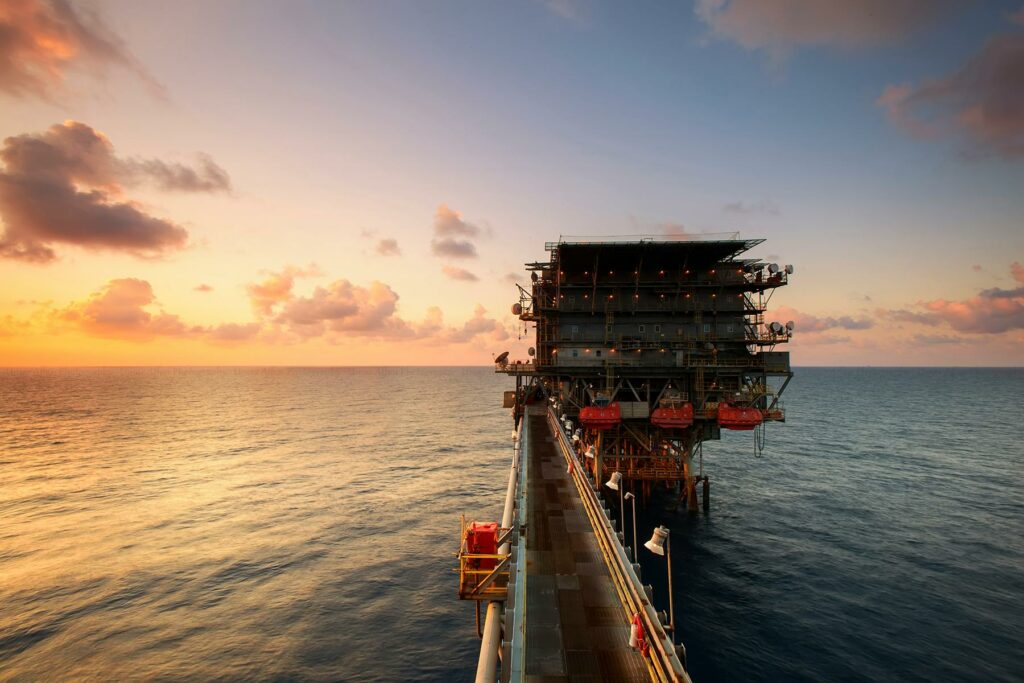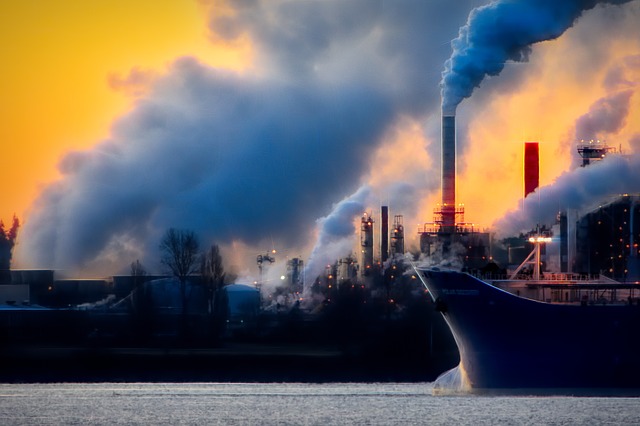Dr Carole Nakhle, CEO of Crystol Energy, discussed the current risks, opportunities, as well as the options that Lebanon has to solve the current maritime border dispute at the Our Oil..Our Gas webinar hosted by the Lebanese Transparency Association on 13 April 2021.
Below is a summary of the comments made by Dr Nakhle:
- The highlights of the Lebanon, like any other country, must protect not only its oil and gas resources, but also its marine, environmental, water and other natural sources it possesses.
- Lebanon is not the only country that is facing maritime dispute problems which are common around the world. It is normal to see that, all around the world. Less than half of the more than 600 maritime disputes worldwide have been resolved. This presents an opportunity for Lebanon to learn from other countries’ experience.
- Delimitation of maritime borders can take significant time. The Norwegian-Russian dispute in the Barents Sea took over 30 years to be settled. As put by the Norwegian Minister of Foreign Affairs, there should be trust between negotiating parties, something which is currently lacking the case of Lebanon and its neighbourhood.
- Martine borders are complex and should be tackled in a technical, competent and objective manner, and not politicised as has been the case in Lebanon. As one study highlights: “When the maritime dispute comes to the agenda of political parties, there are local entities that benefit from intangible dimensions such as National Pride, or that they are stealing our oil and gas” – which resonates with many statements circulating in local media and social media.
- Lebanese media should act more responsibly and cautiously especially when they allocate the label of ‘expert’ to their guests. Have they done a brief research on their guests’ background first to determine if they have the right expertise – have they published robust studies on the subject? Have they been involved in providing advice on such a matter outside Lebanon?
- Another common problem is adopting dangerous valuations for hypothetical fields. More transparency should be provided in that respect: what assumptions have been used? Publication of the detailed model and study?
- The maritime borders issue should be considered as an integral part of the overall management of the Lebanese oil and gas sector and not treated in isolation.
Dr Nakhle was joined by Dr Constantinos Yiallourides, Lecturer in Public International Law at the University of Aberdeen, United Kingdom, and Rabih El Chaer, Head of International Public Law Practice at Alem & Associates, Lebanon. The discussion was moderated by Julien Courson, Executive Director at the Lebanese Transparency Association (LTA), and Diana Kaissy, Executive Director at the Lebanese Oil and Gas Initiative (LOGI).
Watch Dr Nakhle's remarks:
Related Analysis
“Major Setback for Lebanon’s Oil and Gas“, Dr Carole Nakhle, May 2020
“The Resource Curse Hits Lebanon Without the Resource“, Dr Carole Nakhle, Feb 2020
Related Comments
“The Oil & Gas sector of Lebanon: What we need to know with Dr Carole Nakhle“, Dr Carole Nakhle, Oct 2020









